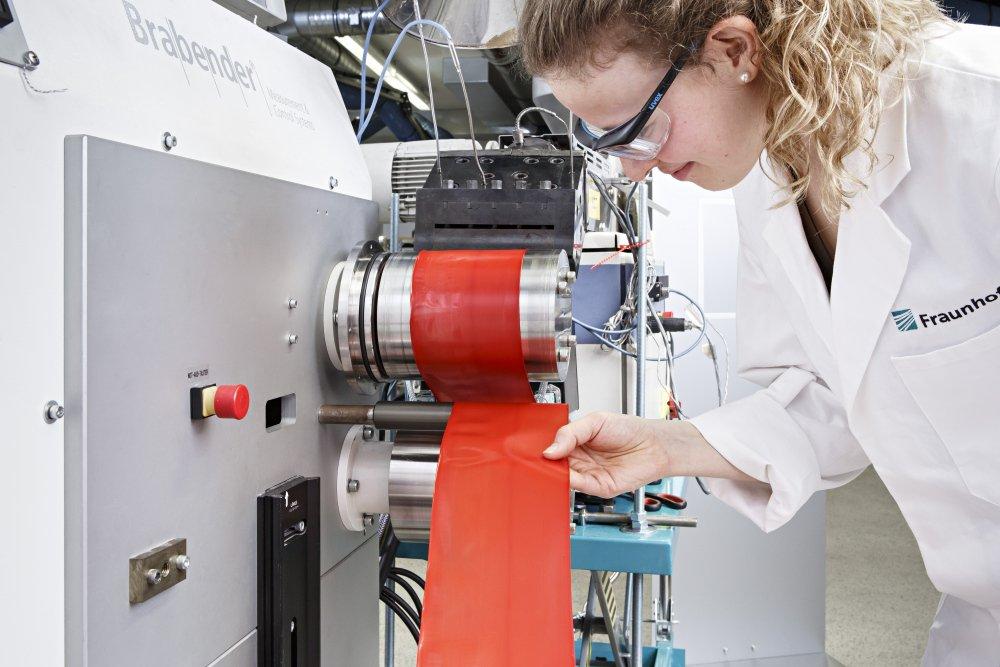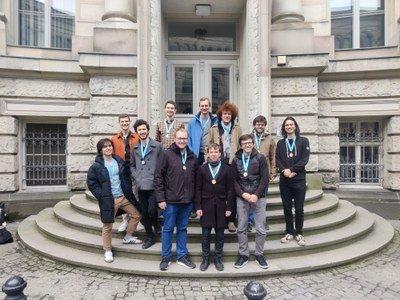
Improving the Quality of Recyclate Films by Additivation
Plastic films, such as bags and wraps, are one of the most common types of plastic waste generated by households, supermarkets, and other commercial and industrial sectors. According to the European Plastics Converters Association (EuPC), around 25 percent of all plastic packaging waste in Europe comes from plastic films. However, these materials can be recycled and transformed into new products such as furniture, bags, and even building materials, which contributes to a circular economy. The recycling process involves collecting, sorting, and cleaning plastic films, which are then melted down and reshaped into pellets for manufacturing. In Europe, there are several companies dedicated to recycling plastic films, although they are not named here. These companies also play a vital role in reducing plastic waste and promoting sustainability. With growing efforts to decrease plastic waste in Europe, the recycling of plastic films is becoming increasingly crucial.
Benefits by additive restabilization
The use of additives such as stabilizers, compatibilizers, and reactive agents can significantly improve the quality of recyclates, making them comparable to virgin materials. For instance, polyethylene (PE) films made from recycled plastic require no defects during their manufacture to ensure their reliability and durability. Researchers at the Fraunhofer Institute for Structural Durability and System Reliability LBF in Darmstadt have successfully enhanced the quality of these films through the addition of a suitable additive formulation.
Formulation development for recycling materials
The development of a formulation of multiple additives is a key approach for enhancing the properties of plastics, including those made from recycled materials. This involves combining several different additives, each with a specific function, to create a customized solution that meets the specific needs of the application. For example, a formulation of additives may include a processing aid to improve the melt flow of the plastic, a UV stabilizer to protect the plastic from UV degradation, and an antioxidant to improve the plastic’s durability. By combining these additives in the right proportions, manufacturers can create a plastic with enhanced properties that is suitable for a wide range of applications. Developing such a formulation is a complex process that requires careful consideration of the properties of the plastic, the performance requirements of the application, and the potential environmental and health impacts of the additives used. As such, research and development efforts in this area are focused on finding sustainable and environmentally friendly solutions that can be used in the production of plastics.
By adding the appropriate formulation, which is a composition of different additives, the researchers at the Fraunhofer LBF achieved significant improvements in the quality of the recycled PE films. The resulting films are reliable, durable, and can be efficiently manufactured at a lower cost. This achievement provides a significant boost to the use of recycled plastics, making it an attractive alternative to virgin materials.
Improvement in sustainability
The successful utilization of innovative and specialized additives to enhance the quality of recycled plastics is a significant step towards sustainable and environmentally friendly production processes. It enables industries to reduce their carbon footprint by applying recycled materials instead of virgin ones. Therefore, the use of additives to improve recyclate properties should be encouraged and promoted. Looking further down the line, the variables of the compounding (exact composition, process parameters) raise the complexity once more, because they influence the efficiency of the recycling additives. As a result, it becomes only clear in the very late stages of the development cycle if and how all targeted properties (aging resistance, mechanics) can be achieved and if these are continuously under control considering further variables (batch-to-batch variation, incoming streams). Despite trial and error being still widely used in this process, the best path for a successful additivation is an analytical characterization of the available recycling material. The result of such targeted screening delivers the then needed information for a tailor-made additivation.
Fraunhofer LBF in Darmstadt has stood for the safety and reliability of lightweight structures for more than 80 years. Today, with its expertise in the areas of structural durability, system reliability, vibration technology and polymer technology, the Institute provides solutions for three of the most important cross-cutting issues of the future: lightweight design, functional integration and cyberphysical mechanical engineering systems. The focus here is on solutions to social challenges such as resource efficiency and emission reduction as well as future mobility, like emobility and autonomous, networked driving. Comprehensive skills ranging from data acquisition in real operational field use to data analysis and data interpretation, in addition to deriving specific measures to design and improve material, component and system properties form the basis for this. Customers come from automotive and commercial vehicle construction, railway transport engineering, shipbuilding, aviation, machine and plant construction, power engineering, electrical engineering, medical engineering, and the chemical industry. They benefit from the proven expertise of 400 employees and cutting-edge technology accommodated in more than 17,900 square meters of laboratory and experimental space.
Fraunhofer Institut LBF
Bartningstr. 47
64289 Darmstadt
Telefon: +49 (6151) 705-287
http://www.fraunhofer.de
Presse und Öffentlichkeitsarbeit
Telefon: +49 (6151) 705-268
Fax: +49 (6151) 705-214
E-Mail: anke.zeidler-finsel@lbf.fraunhofer.de
![]()




